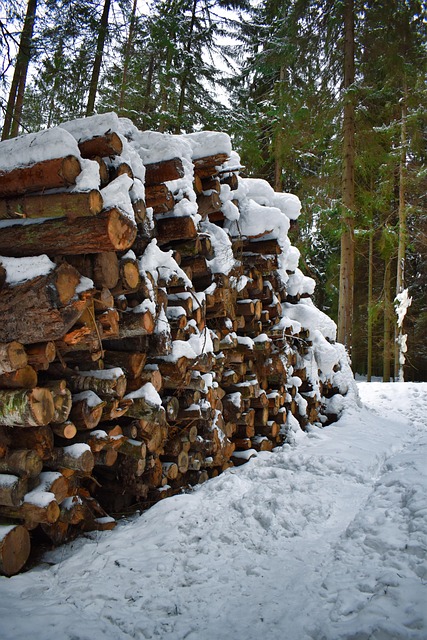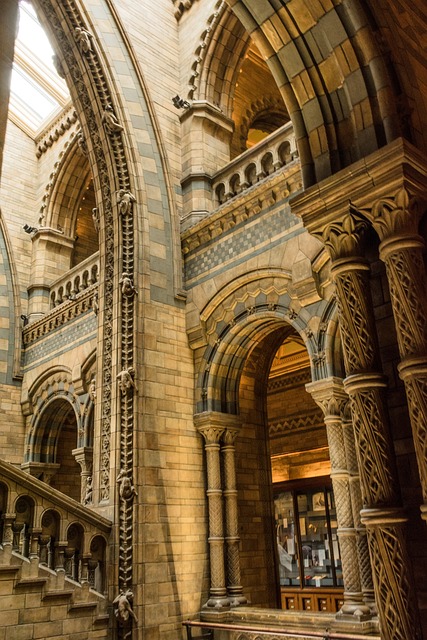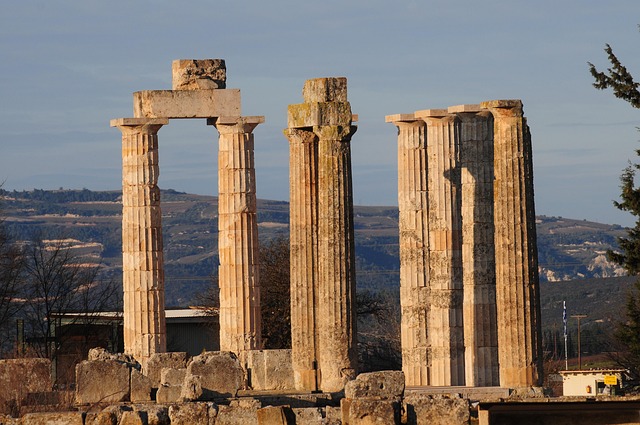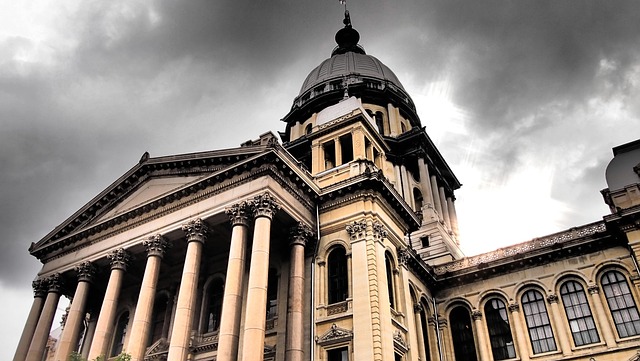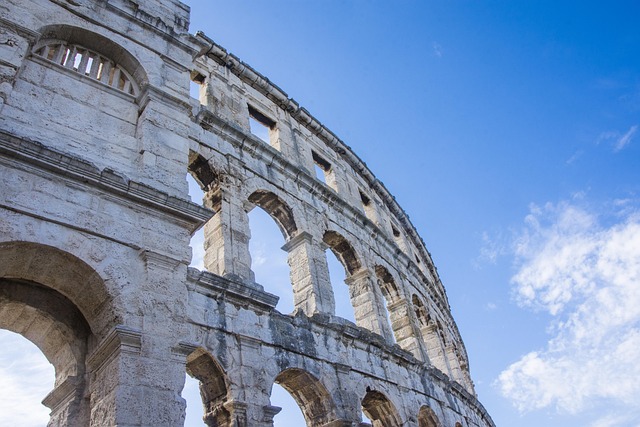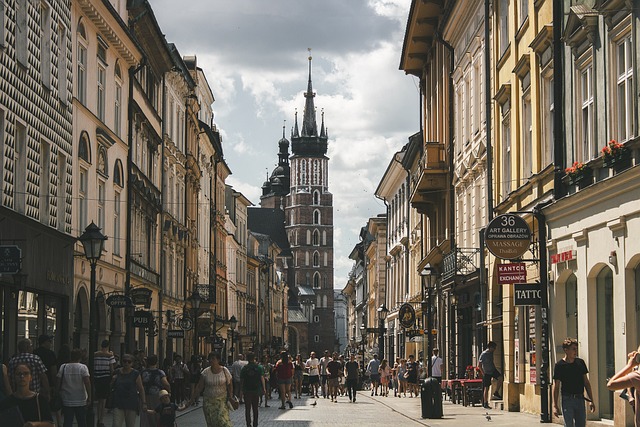Springfield, Oregon's history is inextricably linked to its Springfield logging industry, which flourished in the late 19th and early 20th centuries. The dense Willamette Valley forests fueled the town's growth, attracting workers nationwide. This logging era left a lasting impact on Springfield's culture, demographics, and architecture. As the industry declined, Springfield diversified economically and embraced arts, crafts, and culinary scenes, fostering a vibrant cultural hub. Today, the Springfield logging industry's legacy continues to inspire art, music, and literature, while the community actively promotes sustainability and environmental conservation, solidifying its reputation as an eco-conscious, culturally rich destination.
Springfield, Oregon’s rich history is inextricably linked to its past as a thriving logging hub. The town’s cultural evolution mirrors the transformation of the Springfield logging industry, from its early days of dense forests to the diverse community it stands as today. This article explores how historical remnants shape Springfield’s artistic expressions and environmental consciousness while preserving tradition and embracing change. From literature and music to modern sustainability efforts, discover how Springfield’s cultural landscape has been forever impacted by its logging heritage.
- Historical Overview: Springfield's Logging Era
- Impact on Cultural Landscape: Diversity and Community
- The Rise of Environmental Consciousness
- Artistic Expressions: Literature, Music, and Visual Arts
- Modern Springfield: Preserving Tradition, Embracing Change
Historical Overview: Springfield's Logging Era

Springfield, Oregon, boasts a rich history that is deeply intertwined with its role in the region’s logging industry. The town’s inception and growth are closely tied to the bustling Springfield logging era, which began in the late 19th century. During this time, the dense forests of the Willamette Valley became a hotspot for lumber production, attracting entrepreneurs and workers from across the country. The logging industry transformed Springfield into a thriving hub, with sawmills popping up along the McKenzie River and its tributaries.
This period witnessed a significant cultural shift as loggers, many of them immigrants, settled in the area, shaping the town’s demographics and social fabric. The industry’s peak in the early 20th century brought prosperity but also hard work, reflected in the strong labor union presence that still resonates today. The legacy of Springfield’s logging era is evident in its historic buildings, community spirit, and the enduring connection to nature that continues to define this charming Oregon town.
Impact on Cultural Landscape: Diversity and Community
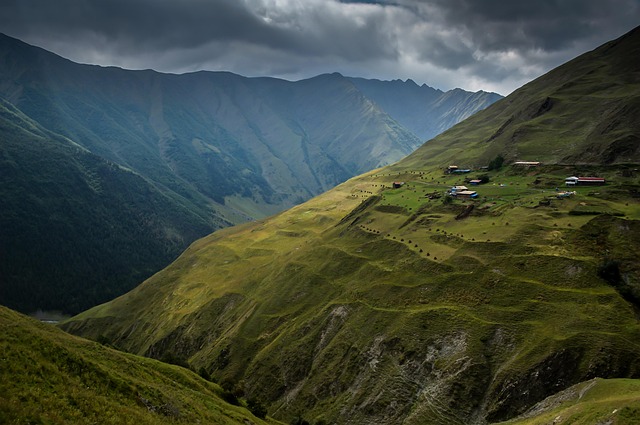
Springfield, Oregon’s cultural evolution is deeply intertwined with its historical logging industry, which once dominated the region’s economy and landscape. This robust industry attracted diverse individuals from around the globe, contributing to a vibrant mix of cultures and backgrounds. Over time, as the logging industry waned, Springfield has successfully navigated its transition, fostering a thriving cultural scene that embraces its unique heritage while embracing diversity.
The community’s resilience is evident in how it has diversified its economy, attracting artists, craftspeople, and foodies who have added their vibrant flavors to the region’s tapestry. This cultural diversity is not just visible in the local cuisine and festivals but also in the myriad of art galleries, music venues, and community events that celebrate Springfield as a welcoming and inclusive space for all.
The Rise of Environmental Consciousness
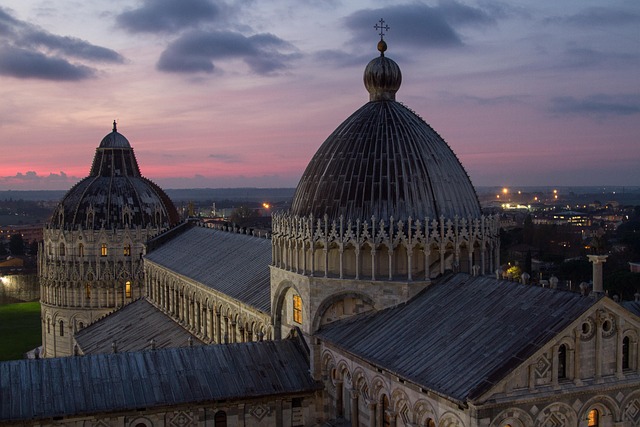
In Springfield, Oregon, the cultural evolution has been significantly influenced by the area’s historical reliance on the Springfield logging industry. Over time, as environmental consciousness began to rise, the community started to shift its perspective towards sustainability and conservation. This change was driven by a growing awareness of the impact of deforestation and a desire to preserve the region’s natural beauty. The Springfield logging industry, once a cornerstone of the local economy, found itself at the center of these shifting attitudes.
As environmental activism gained momentum, residents actively sought alternatives to the intensive logging practices that had long defined their town. This led to initiatives focused on reforestation, eco-friendly business practices, and promoting sustainable living among the community. Today, Springfield is known for its vibrant environmental movements, which have not only transformed the local industry landscape but also enriched the cultural identity of the region, making it a beacon of ecological stewardship in Oregon.
Artistic Expressions: Literature, Music, and Visual Arts

Springfield, Oregon’s cultural evolution is deeply intertwined with its historical roots in the robust Springfield logging industry. This once-dominant sector has left an indelible mark on the community, shaping its identity and fueling a vibrant artistic scene. Literature, music, and visual arts have flourished, reflecting the area’s rich history and diverse natural landscapes. Local writers often draw inspiration from the majestic forests and rugged terrain that surround the town, weaving tales that capture the essence of Springfield’s past and present.
The musical landscape is equally vibrant, with folk and country artists showcasing the region’s storytelling tradition. Many musicians incorporate elements of the Springfield logging industry into their work, paying homage to the labor and resilience of its former workers. Visually, the art scene mirrors this blend of tradition and innovation, featuring galleries that display both contemporary and historical pieces inspired by the area’s unique character. The Springfield logging industry’s legacy continues to inspire artistic expressions that tell the captivating stories of the community and its connection to nature.
Modern Springfield: Preserving Tradition, Embracing Change

Springfield, Oregon, has evolved from its roots as a bustling logging hub to a vibrant community that proudly preserves its traditions while embracing change. The town’s past in the Springfield logging industry remains an integral part of its cultural identity, with historical sites and stories passed down through generations. However, Springfield has also transformed into a forward-thinking locale that attracts diverse populations, fostering a dynamic mix of old and new.
Modern Springfield showcases a unique blend of preserving its heritage and adopting innovative practices. The logging industry’s legacy is celebrated at local museums and events, ensuring that future generations understand the town’s history. Simultaneously, the community embraces technological advancements and sustainable initiatives, positioning itself as an eco-conscious and progressive place to live and visit. This dual focus on tradition and change creates a captivating narrative that defines Springfield’s cultural evolution.


